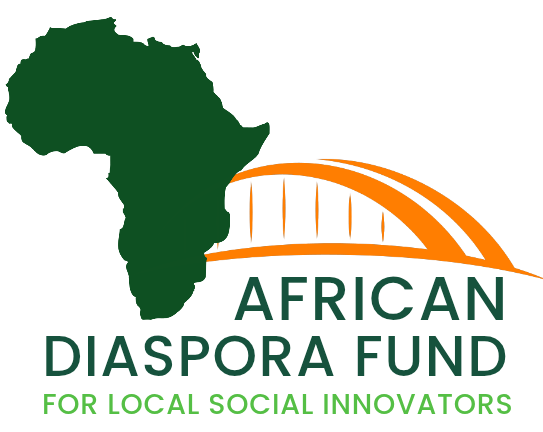Children feeding program
Need for a Children Feeding Program Malnutrition and hunger remain significant challenges affecting vulnerable children, particularly those from low-income households. Inadequate access to nutritious meals leads to poor health, stunted growth, and reduced cognitive development, ultimately limiting their ability to perform well in school and achieve their full potential. A structured children feeding program is therefore essential to bridge this gap by ensuring consistent access to balanced meals. This initiative not only promotes physical well-being but also enhances learning capacity, reduces absenteeism, and contributes to breaking the cycle of poverty within communities.
Need Creation Rationale
Sustainable funding is vital to the success of the Children Feeding Program. Many children in Kenya face hunger and malnutrition, with 26% stunted and nearly 900,000 requiring urgent nutrition assistance. Without intervention, these children risk poor health, limited learning capacity, and reduced future productivity. Funding will enable the program to provide one nutritious meal per child per school day, improving physical growth, concentration, and classroom performance. Global evidence shows school feeding programs increase attendance by up to 30% and boost test scores in core subjects. By addressing hunger, the program helps keep children in school, reduces absenteeism, and lowers dropout rates. Beyond education, the program eases the financial burden on families, many of whom spend over 60% of their income on food. By covering school meals, households can redirect limited resources toward healthcare, shelter, and school supplies. Funding will also support local food sourcing from smallholder farmers, strengthening community economies while ensuring fresh and culturally appropriate meals. Resources will cover not only food but also logistics, staff, and monitoring systems to guarantee transparency and accountability. With proper financing, the program can expand from emergency response to a sustainable solution, complemented by nutrition education and community participation. Every USD 1 invested in nutrition generates up to USD 16 in economic returns through improved health and productivity. Funding is therefore not only about feeding children today, but about breaking cycles of hunger and poverty while securing healthier, educated, and more resilient future generations.
